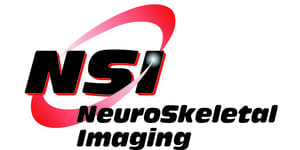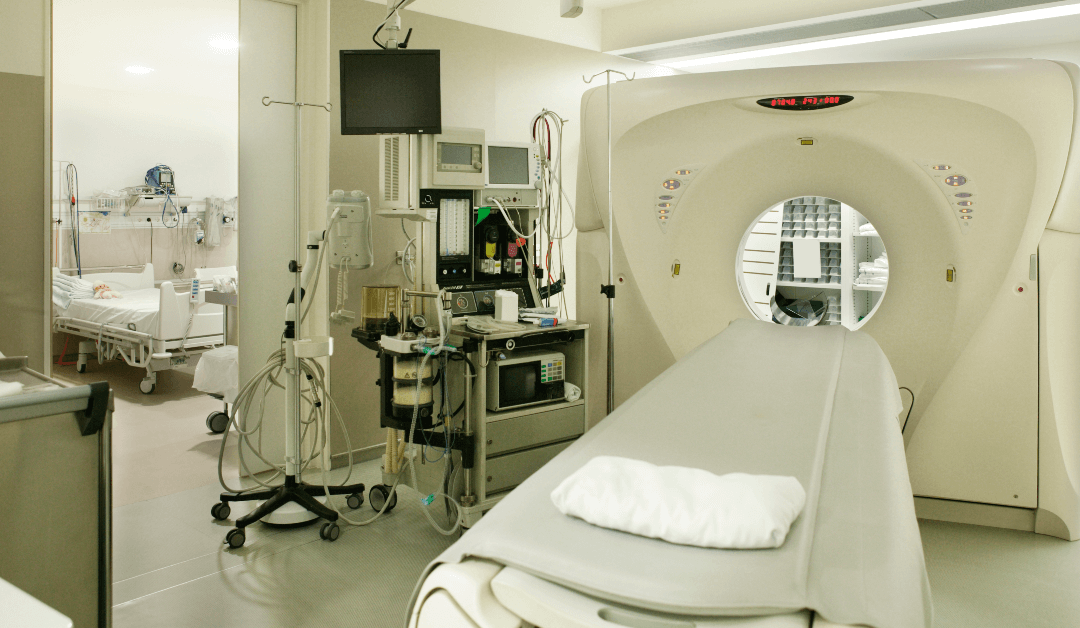Diagnostic imaging is instrumental in modern medicine. It enables doctors to more efficiently and quickly assess and manage a wide range of health conditions, illnesses, and ailments. CT scan or computerized axial tomography, focuses on various X-ray images transcribed and converted into a three-dimensional portrait by a computer. This technique allows doctors to examine an organ or injury from various perspectives. It is used for various purposes, including the detection of tumors, the identification of blood clots, the assessment of a bone fracture, etc. If you’re scheduled for a CT scan, and it is your first CT scan, it’s an excellent idea to know what to expect so you can prepare ahead of time.
Purpose of the test
A CT scan is a non-invasive, uncomplicated procedure that can visualize almost any part of the body. It is generally used when an X-ray cannot sufficiently detail an injury or impairment, particularly in emergency cases where time is money.
Preparation for CT scan
Before your visit, the doctor will give you guidelines describing what you need to do to get ready for your CT scan. Preparation for your CT scan can begin as early as 24 hours before your appointment, depending on the sort of scan you’ll have (i.e., which portion of your body will be examined). A contrast dye is required for some CT scans, so the doctor can better analyze particular structures and body tissues. Iodine or barium sulfate is the most common contrast material, and it can be taken orally or injected.
CT Scan Procedure
You will be requested to remove any metal pieces, such as jewelry, and you may be required to wear a hospital gown before the scan. The scan will be performed by a radiologist and will take around 30 minutes, depending upon the nature of the scan requested by your doctor.
According to the investigation, you may be requested to lie on your back, side, or stomach. The table can be elevated or lowered, and then you can use belts and pillows to assist you to stay in place and stay still during the whole exam. While staying still during the scan is essential, modern multi-detector CT systems are quick and easy to use, minimizing the amount of time you must stay still.
After the Test
The radiologist will check the scans once they are finished to verify that the images are fully evident. Most iodine-based compounds have a half-life of 2 to 4 hours, which means they’ll be gone entirely in a day or two. Contact your doctor if you have any odd symptoms, such as fever, shivers, vomiting, or breathlessness, irrespective of the nature of the CT you had done.
Interpretation of results
After a day or two, the doctor will get the CT scan results. The radiographer will create a descriptive report explaining the normal and abnormal outcomes in addition to the photographs. Your doctor may prescribe more tests or recommend a treatment regimen based on the results.
Conclusion
Medical practitioners adopt computed tomography, generally known as a CT scan, to analyze structures inside the body. It captures photographs of your bones, muscles, organs, and vessels in very tiny “slices” so that medical providers can observe your body in exquisite detail. When you consider the average of the 42 health personnel who provide CT scans in Orlando, FL, a CT Scan charges $1,007 on average. Make an appointment or contact us for further details.

